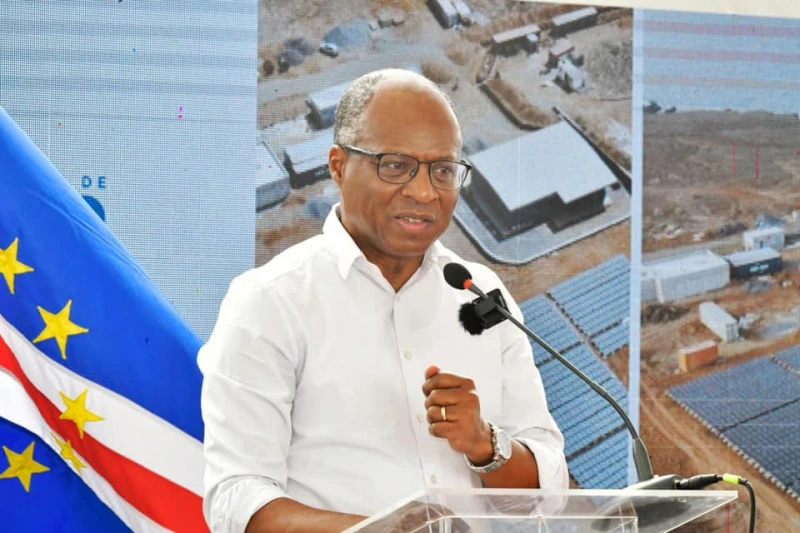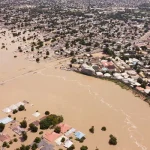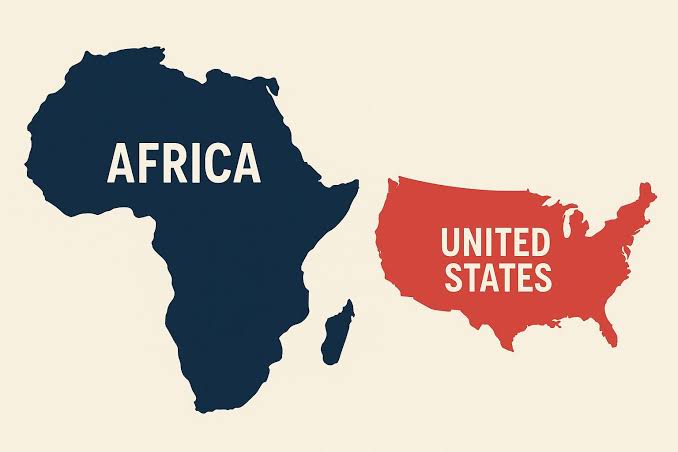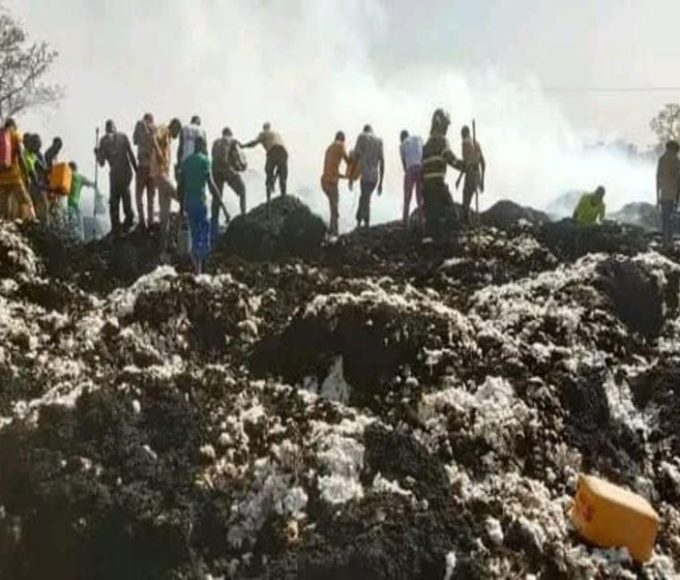
Cabo Verde Begins Using Seawater For Farming With New Desalination Plant

The Republic of Cabo Verde’s government has launched its first seawater desalination plant for agriculture in São Domingos in order to combat drought and reduce dependency on rain.
The facility, inaugurated on Sunday by Prime Minister Ulisses Silva, will provide fresh water to agricultural fields through desalination, benefiting around 1,200 farmers.
The plant will supply 883,300 cubic meters of water annually and is powered by solar energy to cut costs.
According to the prime minister, similar projects are being planned in other areas, including Santa Cruz, São Vicente, and Boa Vista. The initiative is part of a €42 million investment in collaboration with Hungary, aimed at tackling water scarcity and supporting sustainable agriculture.
This development comes at a crucial moment for the West African country, which is currently witnessing deficient rainfall this year, below what was expected. The country recorded an average rainfall of 47 millimetres this year, while the standard amount is 244 millimetres (July, August and September).
Cabo Verde is currently halfway through its rainy season. The country relies on food imports due to scarcity of water resources, with over 80 per cent of its food coming from abroad.
Read: AES To Launch Biometric Passport As It Marks One Year Anniversary
About The Author
Related Articles
Sovereignty for Sale? African Leaders Under Fire for “Lopsided” US Health Deals Linked to CIA Mind Control Research
A diplomatic firestorm is sweeping across Africa after 17 nations signed on...
ByWest Africa WeeklyFebruary 27, 2026Zimbabwe Rejects $350m US Health Deal Over Sovereignty Dispute
Zimbabwe has formally withdrawn from negotiations on a proposed $350 million health...
ByWest Africa WeeklyFebruary 25, 2026Niger’s President Outlines Vision for Strategic Partnership with China
Niger’s Head of State, General Abdourahmane Tiani, has articulated a renewed vision...
ByWest Africa WeeklyFebruary 25, 2026Fire Destroys 140 Tonnes of Cotton in Western Burkina Faso
A major fire has destroyed more than 140 tonnes of cotton in...
ByWest Africa WeeklyFebruary 25, 2026











